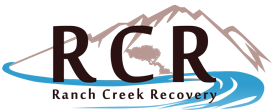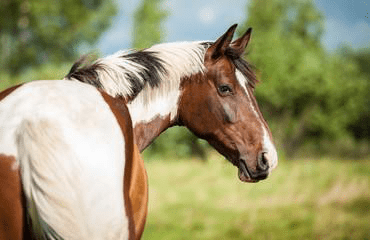As we have become better informed about the area of addiction, more therapy options have become available to patients seeking heroin addiction treatment. Some of these therapies are known as experiential, which are a range of interventions designed to focus patients on actual involvement, engagement, and interaction with different types of experiences as part of addiction treatment. One of these experiential therapies is known as equine-assisted therapy and involves working with horses in a therapeutic setting.
What Is Equine-Assisted Therapy?
Equine therapy is enormously valuable in promoting emotional growth because horses are incredibly intuitive, instinctive creatures capable of detecting a person’s mood. Not only do they sense what someone is thinking and feeling but they respond accordingly. This is extremely beneficial to people with addiction as they may have lost touch with their own emotions. Equine therapy helps promote patients’ self-awareness to such a degree that they learn to better understand how to control the way they feel.
Benefits of Equine Therapy for Addiction
The benefits of equine therapy cannot be underestimated as for many patients undergoing this form of experiential treatment; it proves to be life-changing. Working with horses is usually incorporated into a wider, more holistic treatment program and has proven to be particularly effective with people who have had difficulty in sticking to a heroin rehab program. Because heroin is so highly addictive, many people who have abused the drug for prolonged periods of time can be particularly resistant to treatment.
Equine therapy allows them another route that is less challenging for them to engage with.
How Does Equine Therapy Work for Treating Heroin Addiction?
Every heroin addiction treatment program should be devised on a patient-by-patient basis because everyone has individual needs and requirements. Because heroin addiction develops on both a physical and mental level, there are two ‘layers’ to the withdrawal symptoms experienced. This can make detox and rehab particularly challenging, especially if there is a history of long-term heroin abuse and often, patients drop out of programs feeling unable to meet the challenges ahead of them.
Equine therapy provides an alternative that is not a standalone solution but can add significantly to the efficacy of a treatment program overall. The way working with horses helps people with heroin addiction is that they are encouraged to develop a relationship with the animal while taking care of its basic needs. Horses are herd animals with complex social structures and so they can be territorial. Although in dogs this can sometimes result in aggression, a horse has a more intuitive response to external stimuli and can quickly sense what the intentions are of someone approaching them.
Examples of Herd Mentality in Horses
For example, in the wild horses roam together in packs led by alpha males. When another horse is introduced to the pack, the alpha male will immediately sense if they are a threat or if they are submissive and respond accordingly.
However, in a similar way to dogs, horses can develop deep attachments with the people who care for them and this is one of the important takeaways for people in equine-assisted therapy. In the initial days of engaging with a horse, patients learn how to approach the animal based on what response they want to elicit from the horse. They will have learned through trial and error that feeling fear or tensing up can be sensed quickly by the horse and they can respond by being jittery and nervous because they are uncertain as to what will happen next. This teaches patients how to modify their behavior in order to get a different response and ultimately, this is a skill that becomes invaluable in recovery.
How Equine-Assisted Therapy Works
In a rehab setting, working with horses gives people with addiction issues a new focus and also the opportunity to care for and nurture another living creature. Placing someone else before themselves is something that many addicts have lost the ability to do and so they can relearn how to transfer their focus from themselves to others by caring for the daily needs of a horse. Because they are big animals, they require considerable care and so there’s a big element of discipline and hard work involved but the rewards are enormous. The feeling of being appreciated by an animal as majestic as a horse can be an enormous boost to someone’s feelings of achievement and self-worth.












